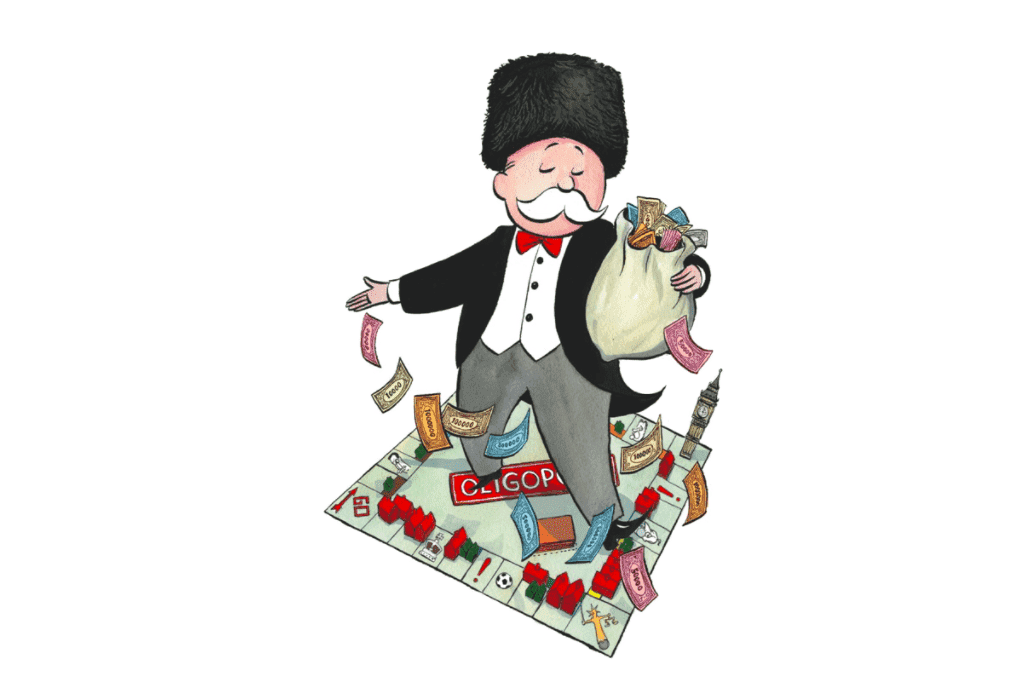You may never have heard of the Society for Worldwide Interbank Financial Telecommunications — or at least not by its full name. Even if you had you may have mistaken it for a fairly inconsequential trade body that holds rather dull conferences in hotel function rooms in places like Frankfurt.
Yet it finds itself at the centre of the West’s response against Vladimir Putin. Swift, as it is otherwise known, is the system by which banks communicate in order to undertake cross-border financial transactions. This morning the Ukrainian foreign minister pleaded with the West to cut off Russia from the system. Britain would like to do just that, as would some of the smaller EU states. But the German Chancellor, Olaf Sholz, doesn’t want to cut off Russia from financial transactions and neither, for the moment, does Joe Biden.
Would it make a difference in any case? Putin would hardly withdraw his forces from Ukraine purely on account of the West cutting off Swift — even if it would cause financial turmoil in the short term. Russia would suddenly find it much harder to make payments for imports and take payments for exports. But impossible? Banks can speak to each other in different ways.
There is a precedent for cutting off a country from Swift: the Central Bank of Iran was cut off from Swift in 2012, before being reconnected when it agreed to the Joint Comprehensive Plan of Action between Iran and the West. Iran was then cut off again by Donald Trump. But it never stopped Iran from doing business with other countries. Banks just had to revert to older, more time-consuming and expensive methods (the world, after all, did manage to trade before Swift was formed in 1977). Moreover, the European Commission set up an alternative system.
The problem in persuading the EU to use financial settlements as a political weapon is that Swift is part of its prestige. If you are an EU official you tend to like the fact that the system happens to be based in Brussels. If Russia is banned from Swift then there is a strong chance that Russia and China will club together to form their own system of financial settlements — which could over time become the basis of much global trade outside Europe and North America. In Germany’s case, there is an another reason for not wanting to ban Russia from Swift: it is how it pays for the large quantities of gas that it imports from Russia, and on which it is heavily dependent. Cut off the means of paying for that gas and there is a strong chance that Putin would cut off the gas, too.
All of which must leave Putin quietly smirking to himself. Not only has the West failed to defend Ukraine, it can’t even agree on financial sanctions against Russia.







Comments